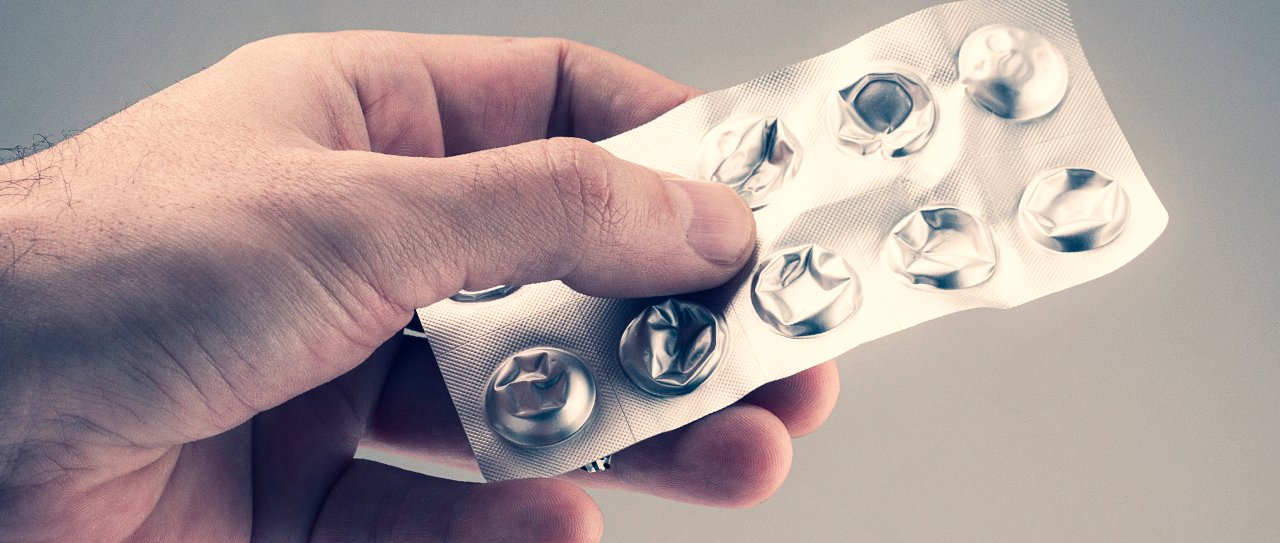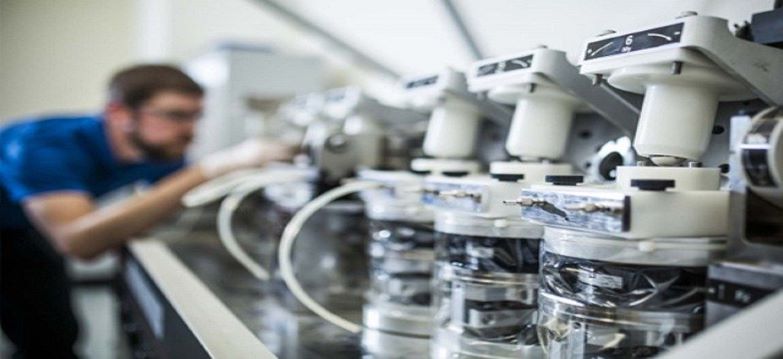Aluminum Applications To Combat The Covid-19 Pandemic
How is Covid-19 impacting the aluminum industry?
To state the obvious, the coronavirus pandemic has been devastating to businesses everywhere. Every industry has been impacted, and while certain products such as personal protective equipment (PPE) have seen increased demand, even in these cases there have been severe interruptions and delays to supply chains.
The aluminum industry is no different. The pandemic is global in scope and has had a serious effect on international supply chains, complicating the importing and exporting of raw materials such as aluminum and other metals. It doesn’t help that the leading producers of aluminum are among the ries hardest hit by the outbreak, including China, Russia and India.
The hygienic properties associated with aluminum
During the current health crisis, it’s been encouraging to see the rapid and vigorous response all types of industries to ensure the well-being and safety of staff and customers. Moving forward, aluminum has an important role to play in encouraging and maintaining proper hygiene.
First, it’s important to note that aluminum has long been recognized as a critical material by the US Commerce and Defense Departments. In fact, aluminum has been labeled as vital to national security, “especially in an unexpected or extended conflict or national emergency.” (https://www.aluminum.org/news/american-aluminum-essential-industry-moment-national-emergency) This is because it is a central aspect of key industries such as medical equipment, military and defense, food and beverage, transportation and construction.

Aluminum, with its sleek, easy-to-clean surfaces, is recognized for its hygienic properties. This has made it an indispensable part of both the healthcare and food and beverage industries.
To take just one example, the sanitary and protective attributes of aluminum make it a popular choice in pharmaceutical packaging. Blister packs and tubes are made with a thin, protective layer of aluminum to form a barrier that protects the enclosed medicine heat, moisture, bacteria and odor.
Aluminum is the ideal material for this application thanks to its malleability. This means the packaging can be deformed without affecting the barrier. Aluminum can be found in a wide range of pharmaceutical products, such as substrates, laminates and more.
How aluminum is already used in the healthcare industry?
Another property that has made aluminum such a popular choice in the medical equipment industry is its natural corrosion resistance. This is an important consideration for any application in which hygiene is a priority. Aluminum naturally forms a protective oxide layer on its surface as it reacts to the oxygen in the air. In fact, even if aluminum is scratched or dented, the protective layer will form again on its own. Furthermore, surface treatments can be added to enhance the corrosion resistance of any alloy.

Considering the strong emphasis being placed on sterilization and disinfection now, it should also be noted that repeated deep cleansing often involves cleaning agents with a high alkaline content. This is when the enhanced corrosion resistance of high performance aluminum alloys is even more critical.
So how is aluminum used in the healthcare industry? One example is medical tools and implements that often incorporate aluminum. Another is the trays, containers and organizers that you find in medical offices, examination rooms, and hospitals. The ability to be able to quickly sanitize all such surfaces in a medical environment is especially important during the crisis.
Other medical equipment that might be made aluminum includes ventilators, gurneys and rolling carts, heart monitors, and imaging equipment. The tubes of a stethoscope are made aluminum, as are many components in the electrical devices you will find in hospitals and clinics.

The high thermal conductivity of aluminum makes it a prime material of choice for the plastics processing industries, particularly for the manufacture of medical devices and PPE. High strength 7000 series grades are used in injection molds for plastic parts used in the manufacture of medical instruments. Dimensionally stable and corrosion resistant 5000 series cast products are ideal for thermoforming molds used in making clear thermoplastic parts for face shields, protective barriers and other PPE products.
*Source: https://www.clintonaluminum.com/aluminum-applications-to-combat-the-covid-19-pandemic/
*Image source: Internet


 Chia sẻ:
Chia sẻ: